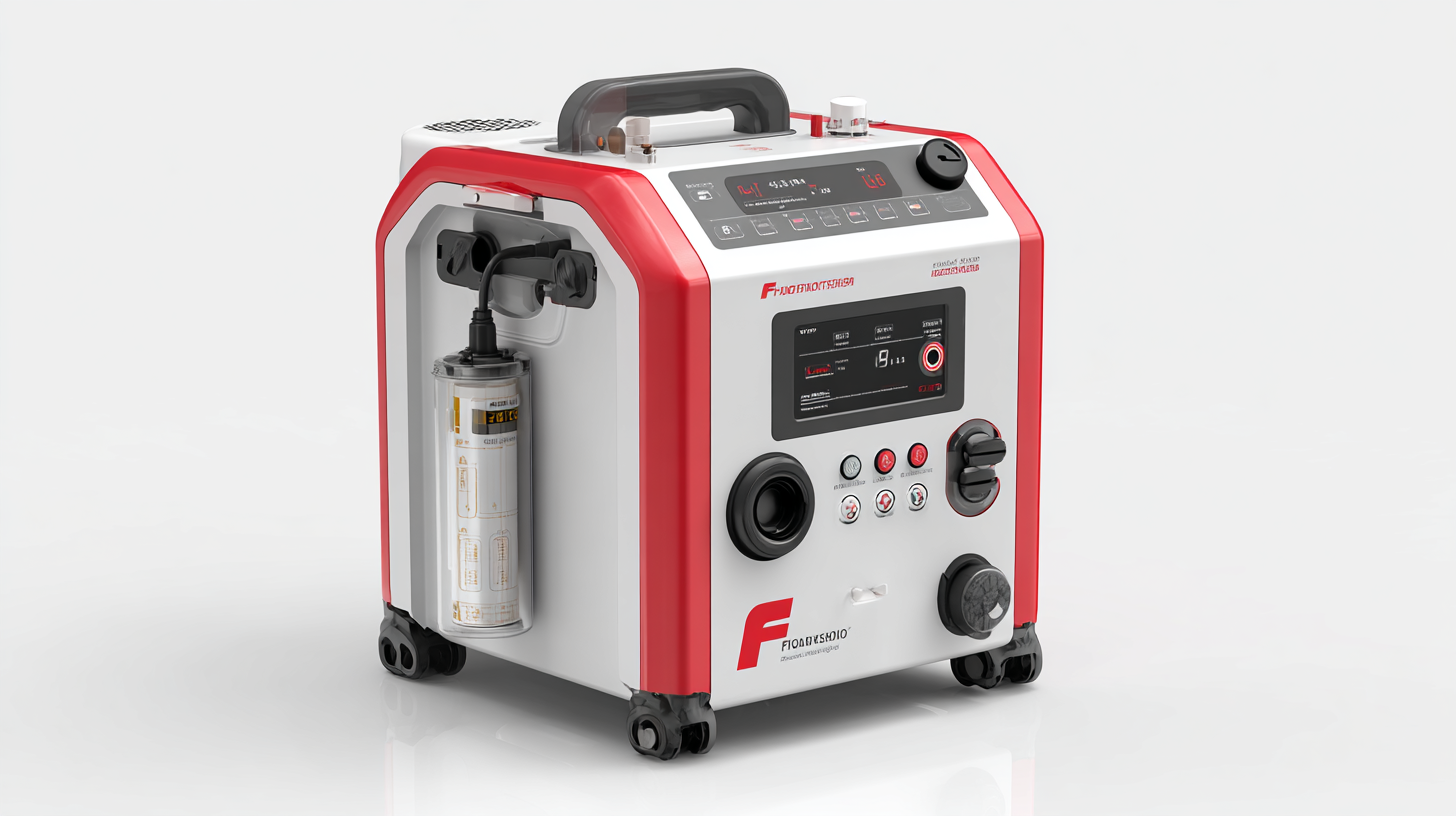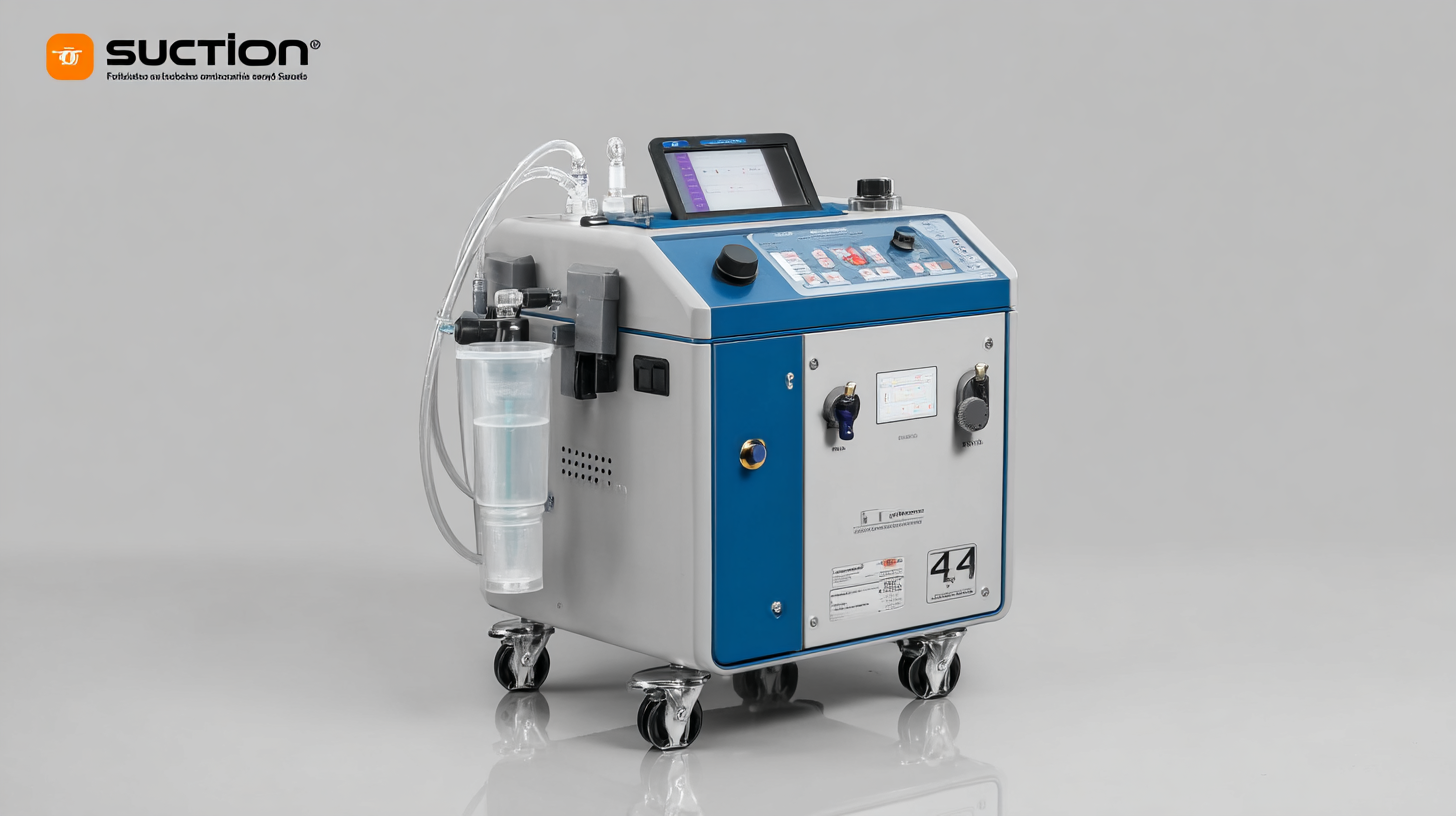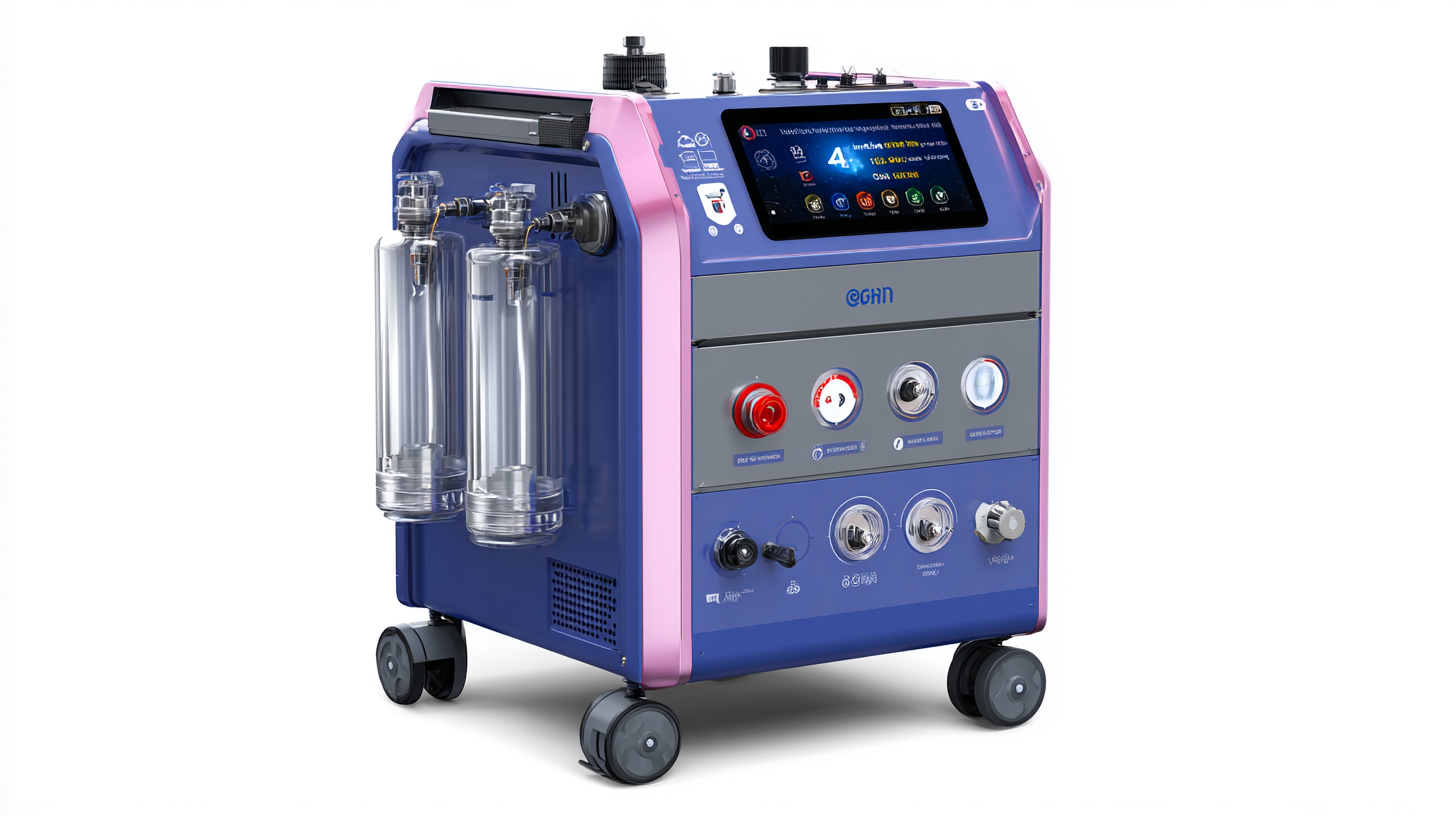In today's fast-paced medical environments, the need for efficient and reliable medical equipment is paramount. One such essential device is the Portable Suction Unit, which plays a critical role in various healthcare settings, from emergency response to routine medical procedures. As the demand for these units continues to rise, finding trustworthy suppliers becomes increasingly vital for healthcare professionals looking to maintain high standards of patient care.

This comprehensive guide aims to equip you with the knowledge needed to identify and select the best Portable Suction Units on the market. We will explore the key features to consider, the importance of supplier reputation, and the factors that contribute to the overall reliability and performance of these portable devices. Empower yourself with the right information to make informed purchasing decisions in an ever-evolving healthcare landscape.
In medical settings, portable suction units are essential for maintaining patient safety and ensuring effective airway management. However, common issues arise with these devices, including mechanical failures, inadequate suction power, and lack of maintenance. A recent systematic review highlighted that collaboration between health care organizations and other sectors can enhance the reliability and performance of such medical devices, ultimately improving patient outcomes.
To address these issues, healthcare providers must ensure proper training for staff on the use of portable suction units. According to industry reports, regular training and maintenance checks can significantly reduce the incidence of device malfunction. Healthcare organizations should prioritize establishing protocols for routine inspections and encourage open communication between clinical teams and equipment suppliers for timely troubleshooting.
Tips: Always keep a log of maintenance schedules and staff training sessions. Engage with reliable suppliers who offer continuous support and updates on device performance. Additionally, feedback from clinical users can be invaluable in identifying recurring issues and solutions, fostering a proactive approach to managing portable suction units effectively.
When searching for reliable suppliers of portable suction units, assessing the quality standards they uphold is critical. According to a recent report by the Global Medical Device Nomenclature (GMDN), quality assurance processes are paramount in ensuring that suction units meet both regulatory requirements and safety benchmarks. Suppliers should ideally be certified by recognized bodies such as ISO 13485, which demonstrates their commitment to maintaining high-quality management systems in the medical devices sector.

Furthermore, it is essential to examine the supplier's history of product recalls and customer complaints. Data from the FDA shows that products with inconsistent quality management often face higher rates of recalls, impacting not only the supplier’s reputation but also healthcare providers' operations. A supplier with a robust track record in compliance and proactive quality control measures can help assure that healthcare professionals are equipped with the most reliable and effective suction units available in the market. When evaluating potential suppliers, consideration of these quality standards can significantly influence the success of procurement decisions.
When searching for reliable suppliers for portable suction units, evaluating supplier reliability is crucial. Several key factors can help ensure that you form partnerships with reputable companies. According to a report by IBISWorld, 76% of companies in the medical equipment sector prioritize supplier reliability as a critical factor affecting their operational efficiency. Suppliers that maintain a consistent performance history, have solid financial stability, and possess relevant certifications create a foundation of trust essential for long-term collaboration.
Tip 1: Always verify a supplier's credentials and certifications. Look for ISO certifications or compliance with local regulatory standards, as these indicate commitment to quality and safety. This diligence can save significant costs and enhance product effectiveness.
Another key aspect is assessing customer service and support. According to a survey by Statista, 82% of healthcare professionals consider responsive customer service as one of their top priorities when selecting a supplier. Suppliers that offer comprehensive after-sales support often provide the best outcomes in case of issues or emergencies.
Tip 2: Engage in discussions with current and past clients of the supplier. Testimonials and case studies can reveal insights into reliability and service quality that might not be evident in promotional materials.
When searching for reliable suppliers for portable suction units, customer reviews and case studies come to the forefront as essential resources. According to a report by the Global Market Insights, the portable suction equipment market is projected to reach $4.3 billion by 2026, highlighting the increasing demand for high-quality units. Analyzing customer feedback can reveal important insights into supplier reliability and product performance. For instance, suppliers that consistently receive high ratings (above 4.5 stars) tend to have robust customer support and timely shipping, factors that are crucial in the medical equipment sector.

Case studies further illuminate the experiences of healthcare professionals who have relied on these suppliers. A study published in the Journal of Medical Devices found that practices utilizing well-reviewed suppliers reported a 30% decrease in downtime due to equipment issues. This data underscores the importance of selecting suppliers with a track record of providing dependable products and services. By exploring customer reviews and real-world experiences, healthcare providers can make informed decisions that enhance operational efficiency and patient care outcomes.
Building long-term relationships with suppliers is crucial for achieving reliability and quality in your supply chain. One of the best practices is to establish clear and open lines of communication. Regularly engaging with your suppliers not only fosters transparency but also allows you to express your needs and expectations effectively. Whether through face-to-face meetings or virtual check-ins, these interactions can help build trust and understanding, setting the foundation for a collaborative partnership.
Another important aspect is to demonstrate commitment to your suppliers by providing timely payments and consistency in orders. When suppliers feel valued and secure, they are more likely to prioritize your needs and deliver quality products. Additionally, consider involving them in your planning processes and decision-making. This inclusivity can lead to innovative solutions that benefit both parties, ensuring that both your organization and your supplier grow together in a competitive market.
